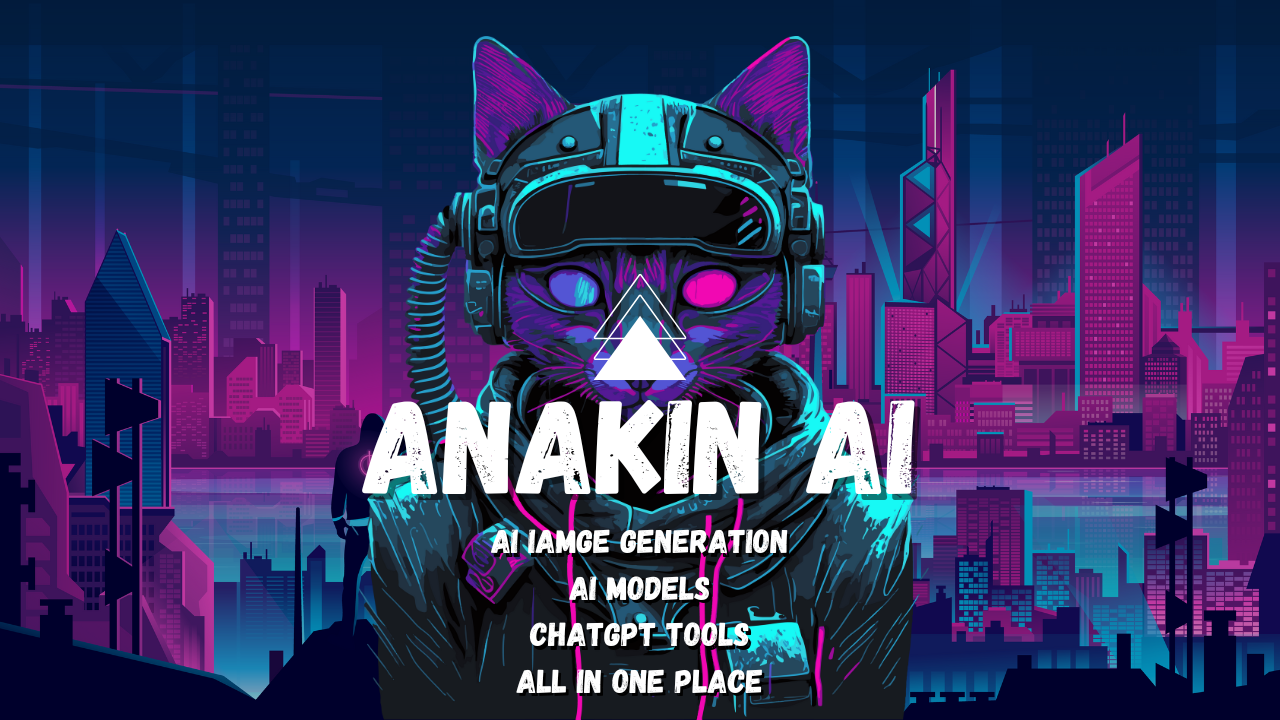Enhancing Task Performance with LLM Agents: Planning, Memory, and Tools
Published on

Introduction
Imagine trying to build a house. You have all the materials and tools you need, but you don't have a blueprint or a clear plan. You start by laying bricks, then you think about where the windows should go, and in the middle of it all, you realize you forgot about the foundation. This is what it's like to deal with complex tasks without efficient planning. Now, think about building the same house but this time with an experienced architect who has a clear plan, remembers all the crucial steps, and adjusts the plan according to the progress. This architect is what we call an LLM agent in the world of artificial intelligence.
LLM, or Large Language Models, are powerful AI models that can generate human-like text. When combined with planning and memory modules, these models evolve into LLM agents that can perform complex tasks, remember past actions, and plan future ones. Let's dive more into the world of LLM agents and understand their significance.
Article Summary
- LLM Agents are an advanced form of AI that utilize planning and memory modules to perform complex tasks.
- Planning in LLM agents can be done with or without feedback, and each approach has its unique features and benefits.
- Memory plays a vital role in LLM agents, assisting in retaining and recalling past behaviors and thoughts.
Understanding LLM Agents
What are LLM Agents?
LLM Agents are the result of combining Large Language Models with planning and memory modules. These agents are capable of complex and intelligent tasks, such as generating relevant and context-aware text, making predictions, and more.
Let's look at some of the key features of LLM Agents:
- Capability of understanding and generating text: This includes understanding context, semantics, stylistic elements of language, and generating relevant responses.
- Planning and execution of complex tasks: LLM Agents break down complex tasks into simpler subtasks and execute them systematically.
- Memory Retention: These agents have the ability to remember past actions, which can be crucial in refining future plans and actions.
What do Agents Mean in LLM?
In the context of LLM, agents are advanced applications that interact with the environment, learn from it, and take actions to achieve certain goals. The term "agent" signifies the autonomous nature of these applications, emphasizing their ability to operate independently, learn from past experiences, and make decisions.
What are LLM Agents Good For?
LLM Agents have a wide range of applications, such as:
- Content Generation: LLM agents can generate relevant content for various purposes, such as for blogs, articles, and social media posts.
- Customer Service: They can be used as automated customer service agents, handling queries, and providing information.
- Data Analysis: LLM Agents can analyze large volumes of data, make predictions, and generate insights.
- Learning and Training: They can also be used in learning and training environments, providing customized learning content and feedback.
Planning in LLM Agents
Role of Planning in LLM Agents
Planning is crucial for LLM agents as it allows them to break down complex tasks into manageable subtasks and execute them in a systematic manner. It involves setting goals, identifying the necessary steps to achieve those goals, and carrying out those steps.
Planning without Feedback in LLM Agents
Planning without feedback involves a one-time generation of the execution plan, which is then followed by the agent. This approach is beneficial for tasks with well-defined steps and predictable outcomes. Here's a step-by-step guide:
- Set a clear goal: Define what the agent needs to achieve.
- Identify necessary steps: Break down the goal into smaller tasks or steps.
- Execute the plan: Follow the steps to achieve the goal.
Planning With Feedback in LLM Agents
Planning with feedback, on the other hand, is an iterative process. The agent refines its execution plan based on the feedback from past actions and observations. This approach is beneficial for tasks with unpredictable outcomes and allows the agent to adapt to changes.
For example, while writing an essay, an LLM agent might start with a basic structure and refine it based on the feedback received from a language proficiency tool. The steps involved are similar to planning without feedback, with the addition of a continuous feedback loop that refines the execution plan.
Memory in LLM Agents
Importance of Memory in LLM Agents
Just as planning is crucial for effective task execution, memory plays an equally vital role in an LLM agent's functionality. Memory retention allows the agent to recall past actions, behaviors, and thoughts, offering a unique blend of consistency and learning from past experiences. For instance, if an LLM agent had previously responded to a specific query in a certain way, it would remember that interaction and potentially improve upon it the next time a similar situation arises.
Short-term Memory in LLM agents
Short-term memory in LLM agents is akin to our own immediate memory - it pertains to the current context and helps the agent make decisions based on recent interactions or tasks. For example, if an agent is involved in a chat conversation, it will remember the immediate context of the conversation and generate responses accordingly.
Long-term Memory in LLM agents
Long-term memory, on the other hand, involves retaining information over a longer period. This enables LLM agents to learn from past interactions and use that knowledge to inform future actions. For instance, if an agent was used for customer service and encountered a unique query, it could remember how it addressed that query and use that knowledge to handle similar queries in the future.
Hybrid Memory in LLM agents
A hybrid memory approach combines the best of both short-term and long-term memory. It enables LLM agents to be contextually aware while also having a rich history of past interactions to draw from. This blend of memory capabilities boosts the adaptability and efficiency of the agent, allowing it to learn and improve over time.
Conclusion
LLM agents are a powerful extension of Large Language Models, harnessing the power of planning and memory to perform complex tasks. The incorporation of planning allows these agents to systematically break down tasks and operate efficiently. Simultaneously, the integration of memory modules empowers LLM agents to learn from past experiences and improve their performance over time.
The potential applications of LLM agents are vast, ranging from content generation and customer service to data analysis and training. As AI technology continues to evolve, we can expect LLM agents to become increasingly sophisticated and versatile, opening up exciting new possibilities for the future.

